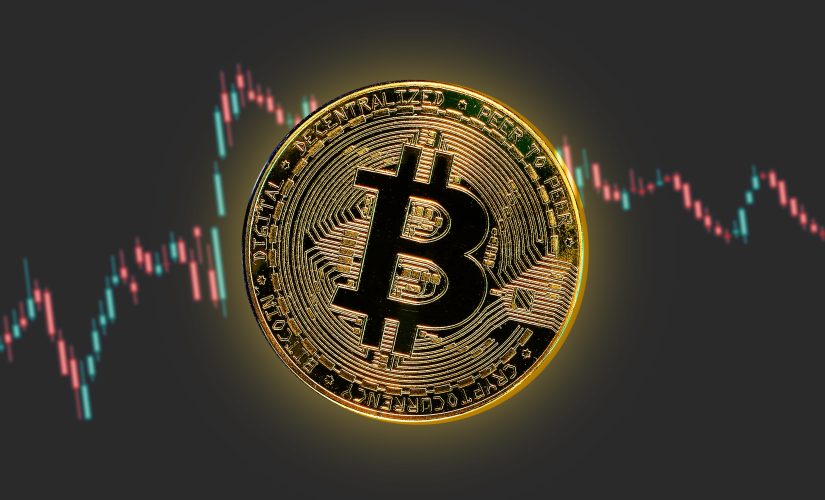Bitcoin experienced an 8% slump on Wednesday (Jan.3) after $400m was liquidated in the space of just two hours.
The fall follows a spike on January 1, as skepticism surrounding the anticipated approval of a spot bitcoin exchange-traded fund (ETF) increases. It’s now being claimed by options analyst GreeksLive on X that “the likelihood of the ETF’s passage becomes less and less likely, and the market saw a stalemate.”
The new bitcoin ETF was reportedly set to be approved as soon as “Tuesday or Wednesday” this week, according to Reuters a week ago.
It is now believed the Securities and Exchange Commission (SEC) will reject all fresh ETF proposals in January, according to financial services company Matrixport.
They go on to predict a 20% price drop.
Matrix on Target projects a January rejection for Bitcoin Spot ETFs by the SEC, cautioning traders to hedge long exposure. With #SEC Chair Gensler’s skepticism towards #crypto, a potential -20% #Bitcoin price drop is anticipated upon #ETF denial, though a positive end-of-2024… pic.twitter.com/IgaMhBJtiP
— Matrixport (@realMatrixport) January 3, 2024
Bitcoin opened Wednesday at $45,500 but soon dropped to $40,550. It has since recovered to $42,200 but is still somewhat short of the $45,872 it reached on Tuesday morning. At its peak, bitcoin rose to $64,400 in November 2021.
The cryptocurrency experienced a tumultuous 2023, with the first three quarters of the year seeing its price hovering around the low to mid-twenty thousand before enjoying something of a spike in the final quarter, peaking at around $44,000 in December.
What are Bitcoin ETFs?
A bitcoin ETF is a fund that primarily invests in assets relating to bitcoin as its original entity. They sell shares on the open market and use those investments to build a portfolio based on a market index. They work in a similar way to mutual funds but instead trade directly on the stock exchange.
These ETF’s do not own Bitcoin but instead own companies and other ETFs that are linked to it.
Owning a Bitcoin ETF can be more expensive than owning it in an exchange. This is because exchanges typically charge one-time fees per transaction to buy and sell cryptocurrency, whereas ETFs charge a yearly fee, called an expense ratio fee.
Featured Image: Photo by Yiğit Ali Atasoy on Unsplash





